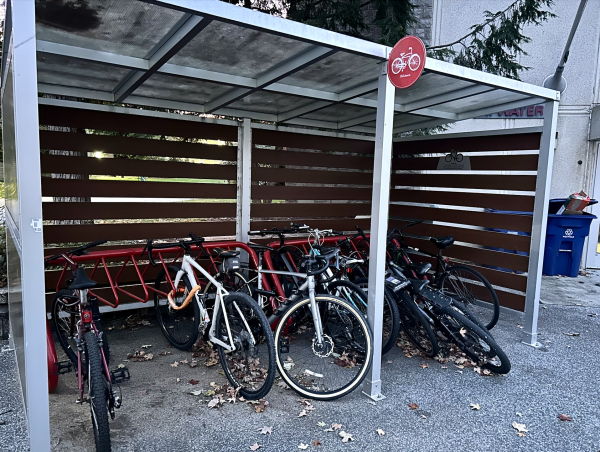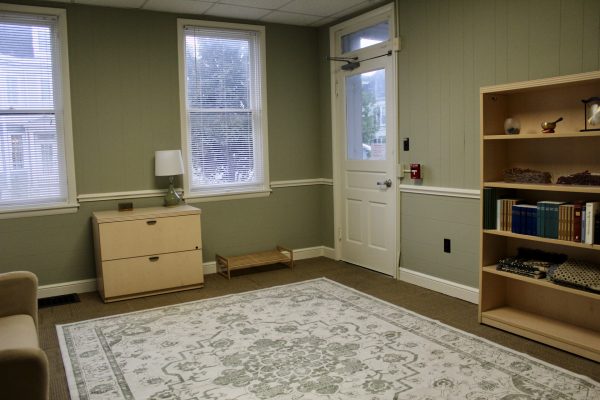A National Issue Localized to Dickinson’s Campus: Student Debt
With President Joe Biden’s student debt cancellation plan expected to be struck down by the U.S. Supreme Court when a decision is issued later this year, Dickinson students weighed in on the policy.
The plan aims to make the student loan system more manageable, provide targeted debt relief to address the financial harms of the pandemic and protect future students by reducing the cost of college and holding schools accountable when they hike up tuition costs.
But now, after lawsuits were filed by six states with Republican-controlled legislatures, as well as two individual students, the Supreme Court must decide whether or not it is constitutional.
34 out of the 50 Dickinson students who were polled on whether they had heard about student debt in the national news said yes. “I know at least one person I was friends with freshman year had to join the military because Dickinson was too expensive,” said one student, who wishes to remain anonymous.
“You just naturally feel exhausted because not only do you have to worry about classes, you have to worry about finances and worry about how you’re going to get an education and focus on post-graduate life,” said Deon Rosado ’24. “I think it puts a hindrance on people’s quality of life and having that cost of college hovering over them for however many years,” said Adam Warburton ’26.
Sam Knipp ’23 stressed the effects of debt, pointing out that the choice to attend graduate school may increase a student’s debt load. “You kind of consent to debt when you go to college, but in some cases, it can cause economic turmoil for the rest of their lives, depending on how much debt you have,” he said.
Student debt can have a significant financial strain on individuals, particularly those who are unable to find high-paying jobs after graduation. Student debt can also limit an individual’s career options.
“Without student loans, a lot of people would not have the ability to afford college; however, college can be really expensive, and students can be stuck with debt, and they cannot be supported,” said Aidan Ray ’25.
One solution to the student debt crisis is government-funded loan relief, which is ultimately what Biden’s plan is about. Students also agreed, however, that college tuition is too high in the first place.
“Chances for more scholarships could be helpful because public universities are sometimes underfunded,” said Cate Moll ’25. Kobe Fleming said, “Options to help eliminate the stress of debt would include more scholarships or providing other government subsidies to boost federal need-based aid.”
“Ultimately student loans are the only thing we have right now,” said Rosado ’24. His point is shared by students, especially as frustration rises due to rising tuition costs at many universities.







